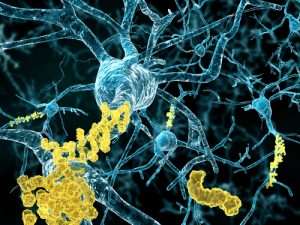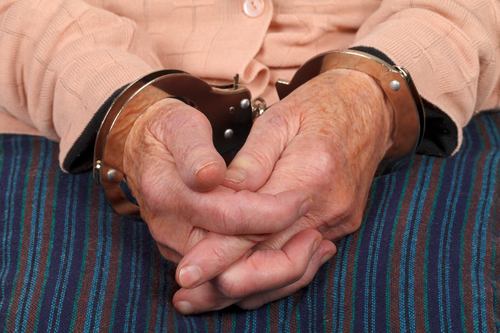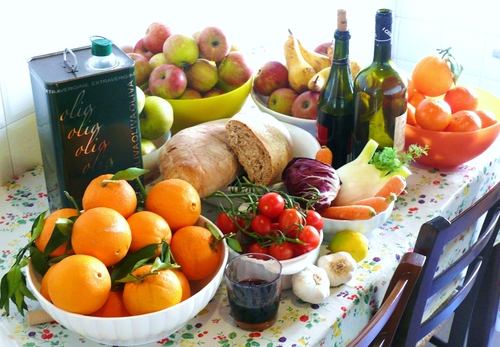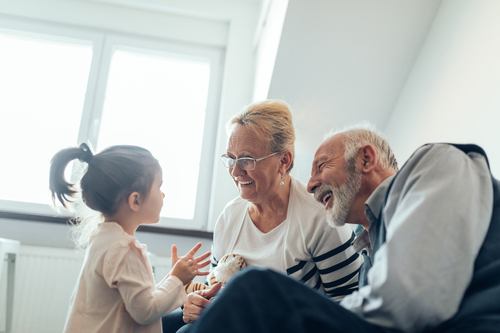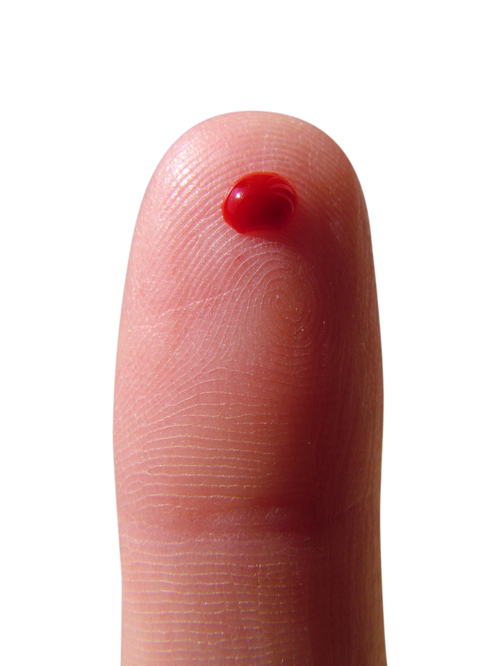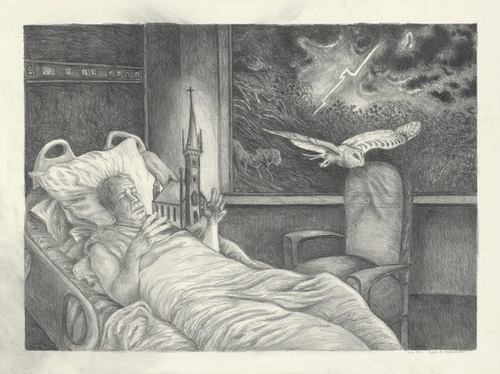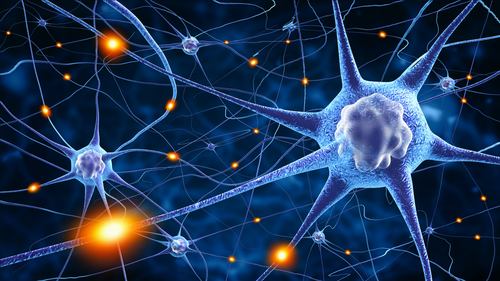
For decades it was thought that adult brains weren’t able to form new brain cells. A new study suggests that the elderly can grow as many new cells as teenagers. This suggests that the elderly are more cognitively and emotionally stable than previously thought.
The Study
The study, done by Columbia University, found that older people continued to produce neurons in the hippocampus at a similar rate as young people. The hippocampus is the part of the brain that holds memory, emotion, and cognition.
Researchers examined the brains of 28 previously healthy people that died suddenly between the ages of 14 and 79.
New Brain Cells
The ability to generate new hippocampal cells, also known as neurogenesis, declines in age in rats and primates. The declining production of neurons and parts of the brain shrinking were thought to happen in humans as well. This supposedly explained why younger people could learn and pick up skills so quickly.
What Might Cause Cognitive Decline
Researchers did find that there were fewer blood vessels and connections between cells in the older brains. This could be linked to compromised cognitive and emotional resilience in the elderly.
Columbia is hoping the findings will help develop new treatments for brain conditions like Alzheimer’s Disease.
Read more here.


